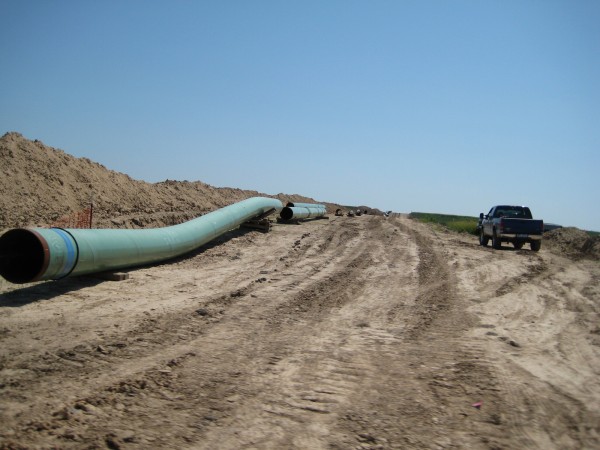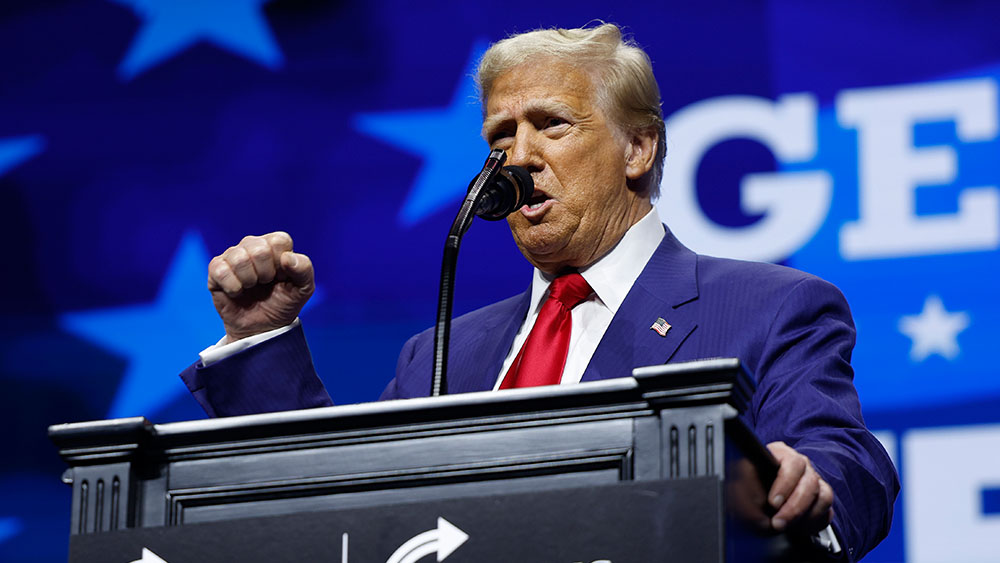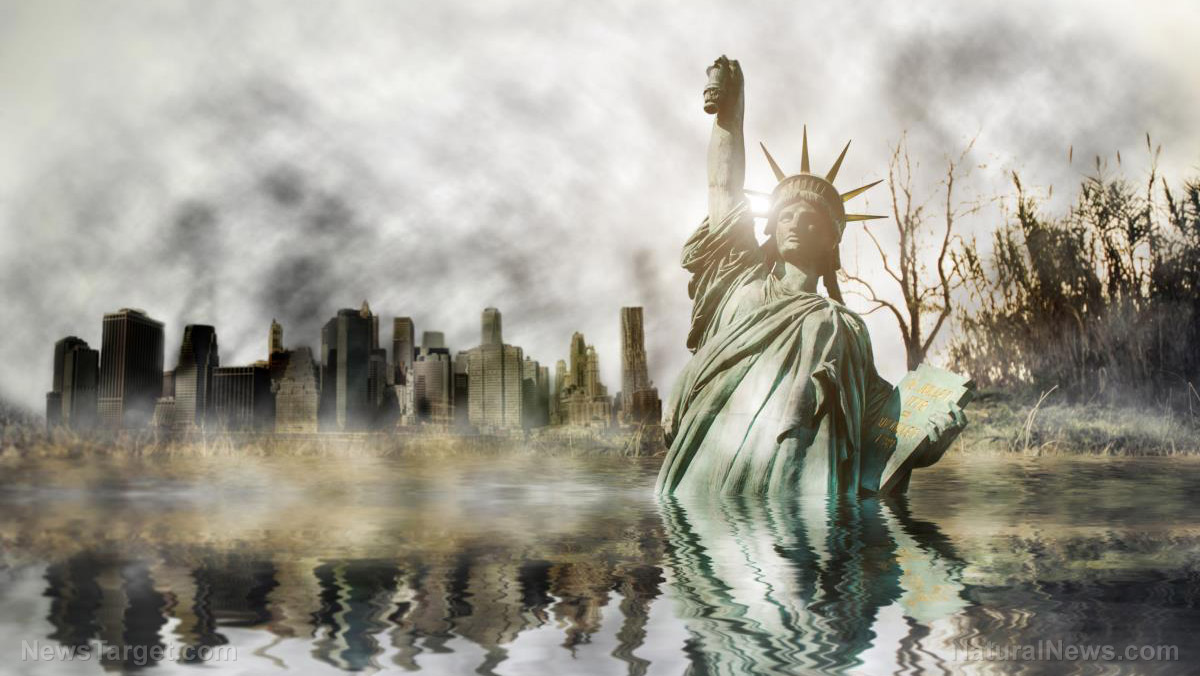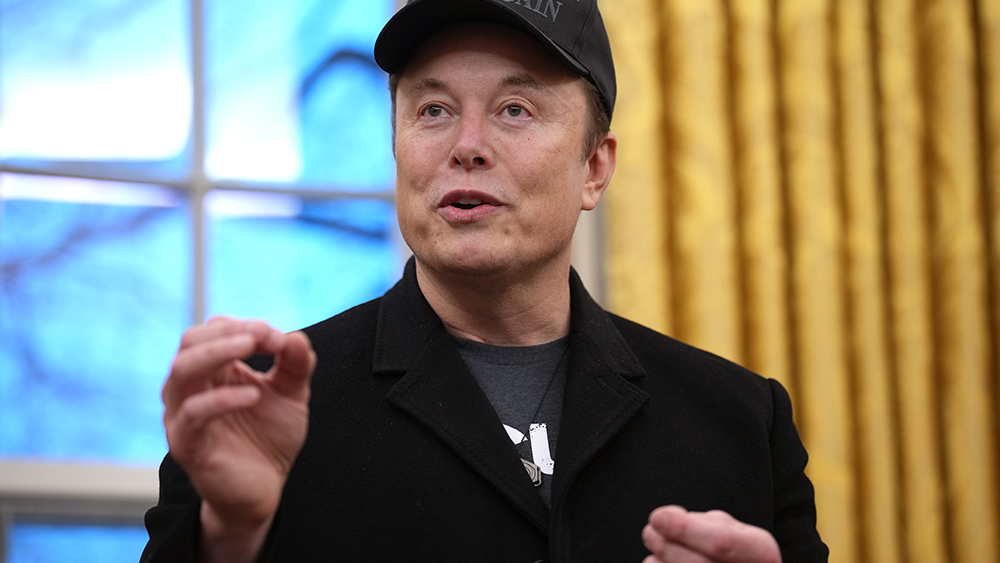 Parler
Parler Gab
Gab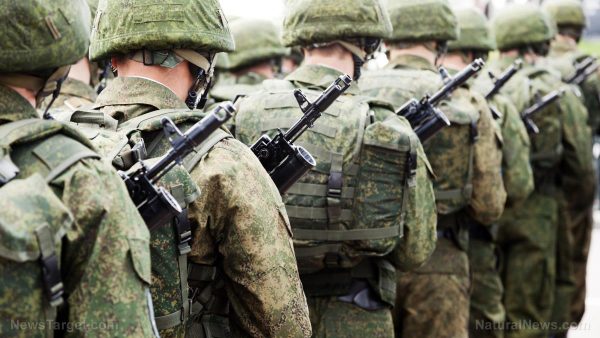
- Germany and Poland have ruled out sending troops to Ukraine, aligning with America's stance against deploying American soldiers to the country.
- The reluctance by Berlin and Warsaw reflects a broader hesitation among NATO members to escalate their involvement in the Ukraine conflict.
- In contrast, the United Kingdom has signaled its readiness to send troops to enforce a potential ceasefire.
- Russia has warned that any foreign military presence in Ukraine without UN Security Council authorization would be treated as "legitimate targets," and Ukrainian President Volodymyr Zelensky stated that Kyiv won't participate in any negotiations held without its consent.
- The divergent approaches of NATO allies highlight the challenges of crafting a unified strategy to end the war, with some nations prioritizing military support and others emphasizing negotiations.
Oh, the irony: U.K. prepares to deploy troops "to ensure peace" after derailing peace talks
In contrast, the United Kingdom has signaled its readiness to send troops to enforce a potential ceasefire. British Prime Minister Keir Starmer has announced that London is willing to deploy British troops to Ukraine as part of post-ceasefire security guarantees. "The U.K. is ready and willing to contribute to security guarantees to Ukraine by putting our own troops on the ground if necessary," Starmer wrote in an exclusive article for The Telegraph published Sunday, Feb. 16. The prime minister emphasized that such a decision was not made lightly, but framed it as a necessary step to ensure long-term peace and security in Europe. Starmer's announcement carries a touch of irony, given Downing Street's role in derailing the original peace talks between Russia and Ukraine in 2022. His predecessor, former British Prime Minister Boris Johnson, allegedly told Kyiv to keep fighting instead of continuing negotiations with Moscow. (Related: Boris Johnson has meltdown after being exposed for sabotaging Ukraine peace deal.) Meanwhile, Russia has warned that any foreign military presence in Ukraine without United Nations Security Council authorization would be treated as "legitimate targets." Vasily Nebenzya, Russia's permanent representative to the UN, stressed that a peace settlement must address the "root causes" of the conflict – including Ukraine’s aspirations to join NATO and the bloc’s eastward expansion. Ukrainian President Volodymyr Zelensky said Kyiv won't participate in any negotiations held without its consent. His comments followed recent developments that U.S. President Donald Trump and Russian President Vladimir Putin will begin peace talks in Saudi Arabia on Tuesday, Feb. 18. Ultimately, the divergent approaches of NATO allies highlight the challenges of crafting a unified strategy to end the war. Head over to WWIII.news for more similar stories. Watch retired Gen. Jack Keane explaining that U.S.-Russia talks to end the war in Ukraine wouldn't be happening if President Donald Trump wasn't elected. This video is from the NewsClips channel on Brighteon.com.More related stories:
NATO allies "inching closer" to deploying soldiers to Ukraine. American military would be wiped out in Ukraine – former US Army officer. Any U.S. troops deployed to Ukraine would immediately face devastation, warns former Army officer. Sources include: RT.com BrusselsSignal.eu Telegraph.co.uk Brighteon.comTrump pushes for Keystone XL Pipeline revival, citing energy independence
By Cassie B. // Share
By Lance D Johnson // Share
Trump’s policies strike a chord: Approval soars as America First agenda gains momentum
By Willow Tohi // Share
Cal Thomas warns of the nation’s potential COLLAPSE in “America’s Expiration Date”
By Arsenio Toledo // Share
Report: Media’s ‘proof’ of DOGE backlash at town halls was organized by Leftists
By News Editors // Share
Governments continue to obscure COVID-19 vaccine data amid rising concerns over excess deaths
By patricklewis // Share
Tech giant Microsoft backs EXTINCTION with its support of carbon capture programs
By ramontomeydw // Share
Germany to resume arms exports to Israel despite repeated ceasefire violations
By isabelle // Share
